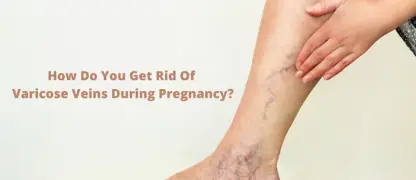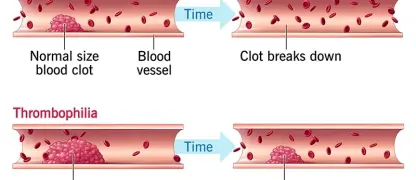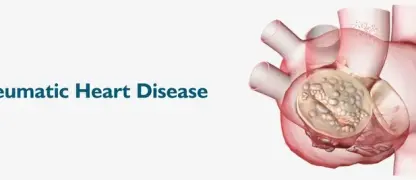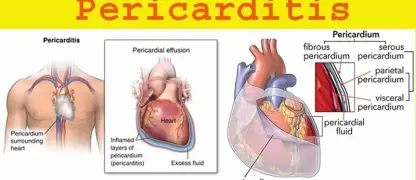Are your fingers turning white and cold? Don't just dismiss it. Understanding Raynaud's phenomenon, from its common triggers to its causes, is the first step toward managing symptoms and finding effective relief from painful attacks.
What are the main causes of Raynaud's phenomenon?
- Primary Raynaud's, the most common form, has no known cause; it is a standalone condition not linked to any other underlying medical issue.
- Secondary Raynaud's is caused by another health problem, such as an autoimmune or connective tissue disease like lupus, scleroderma, or rheumatoid arthritis.
- Other factors like smoking, certain medications, occupational injuries from vibrating tools, and conditions that affect arteries can also be causes of Raynaud's.
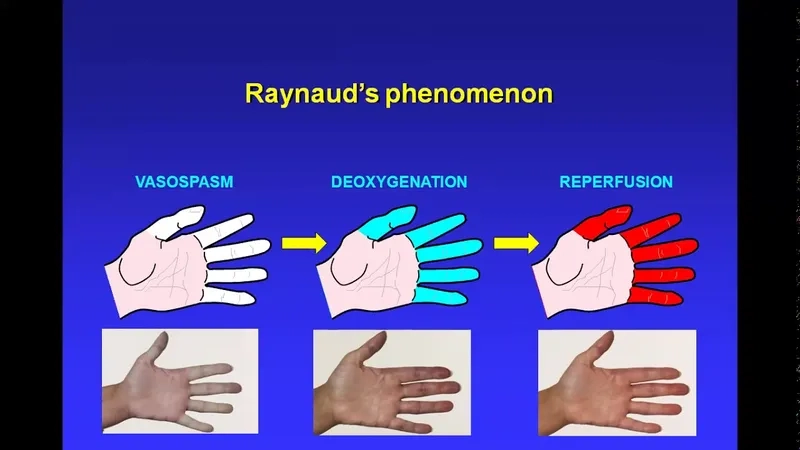
Key symptoms of Raynaud's phenomenon to watch for
- The hallmark symptom is a dramatic color change in the fingers or toes, which typically turn white, then blue, in response to cold or stress.
- As blood flow returns to the area, the skin may turn red and be accompanied by a throbbing, tingling, or painful burning sensation.
- While most common in fingers and toes, these vasospastic attacks can also affect the nose, lips, ears, and even nipples in some individuals.
How can you prevent Raynaud's phenomenon effectively?
- The most effective prevention is avoiding common Raynaud's triggers, such as abrupt exposure to cold, by wearing warm gloves, socks, and layered clothing.
- Managing emotional stress through relaxation techniques, regular exercise, or mindfulness can help reduce the frequency of attacks that are triggered by anxiety.
- Quitting smoking is crucial, as nicotine constricts blood vessels; you should also avoid caffeine and certain medications that can worsen the symptoms.
>>> Find out together: Myocarditis – causes, symptoms and treatment
Image of the disease Raynaud's Phenomenon
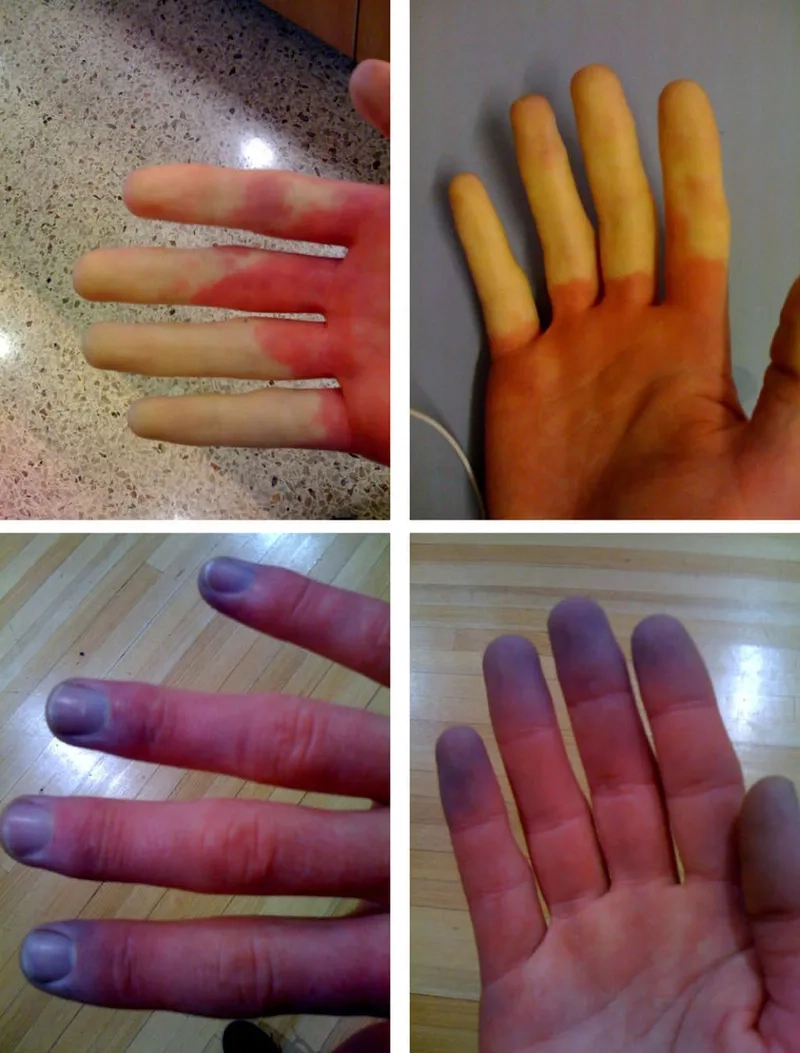
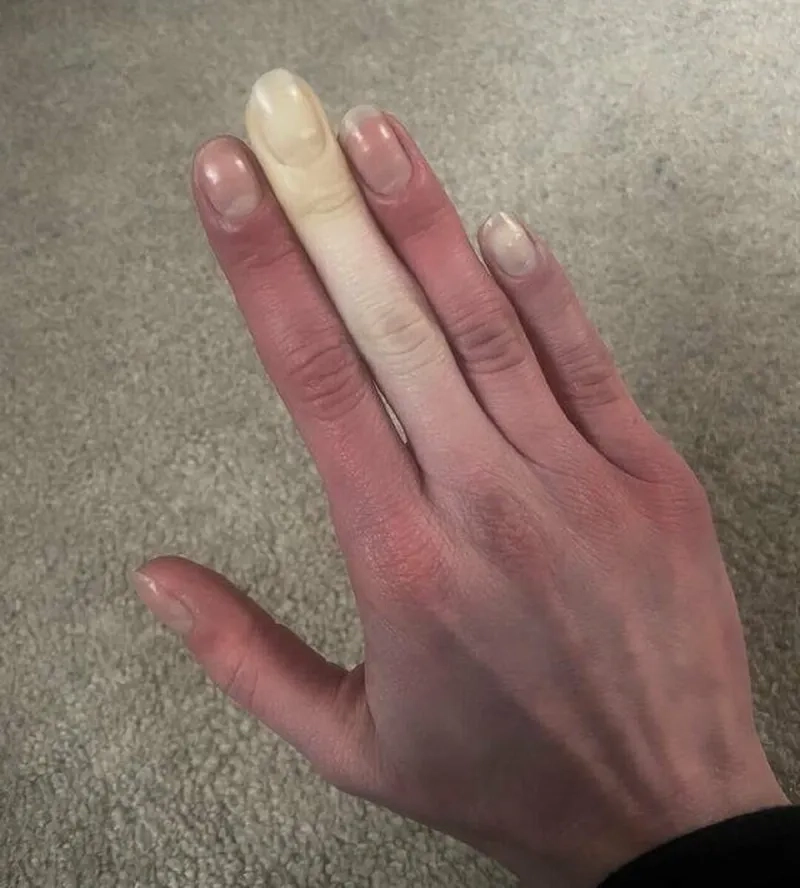
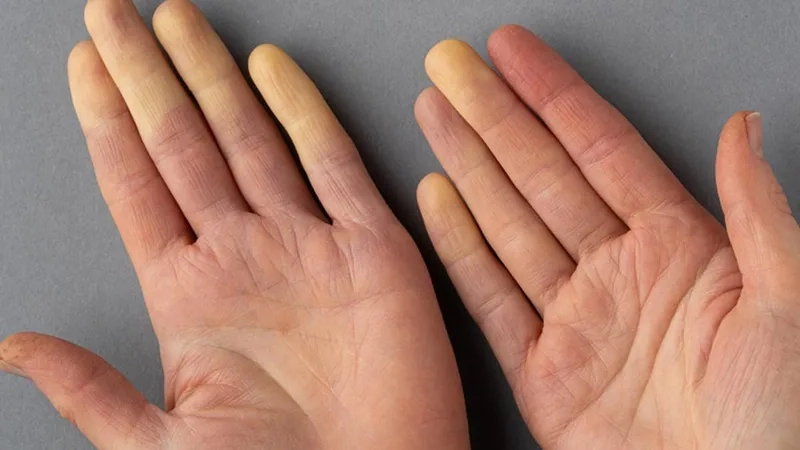
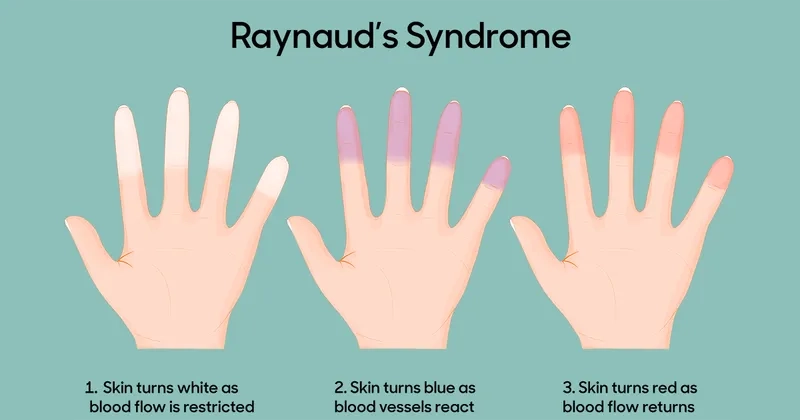
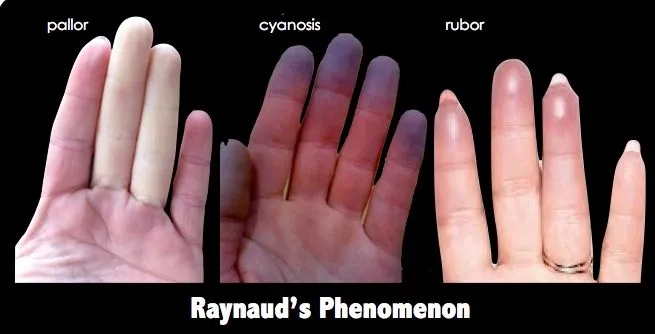
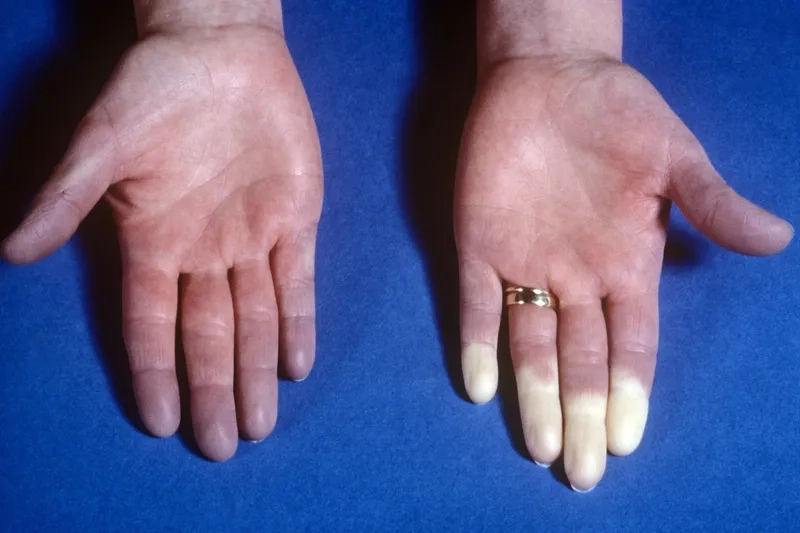
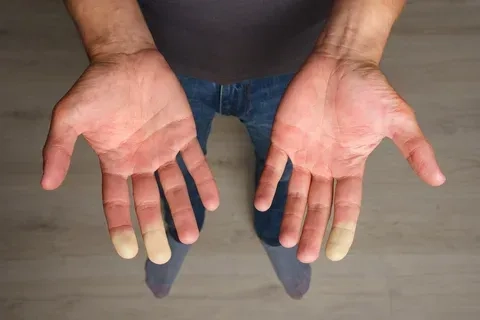
>>> See details: Pericarditis – symptoms, causes and care
Living with Raynaud's is possible with the right strategies. While there is no cure, effective Raynaud's disease treatment and lifestyle changes can dramatically reduce attacks. If your symptoms are severe, consult a healthcare professional.
>>> Discover more: Rheumatic heart disease – signs and treatment


